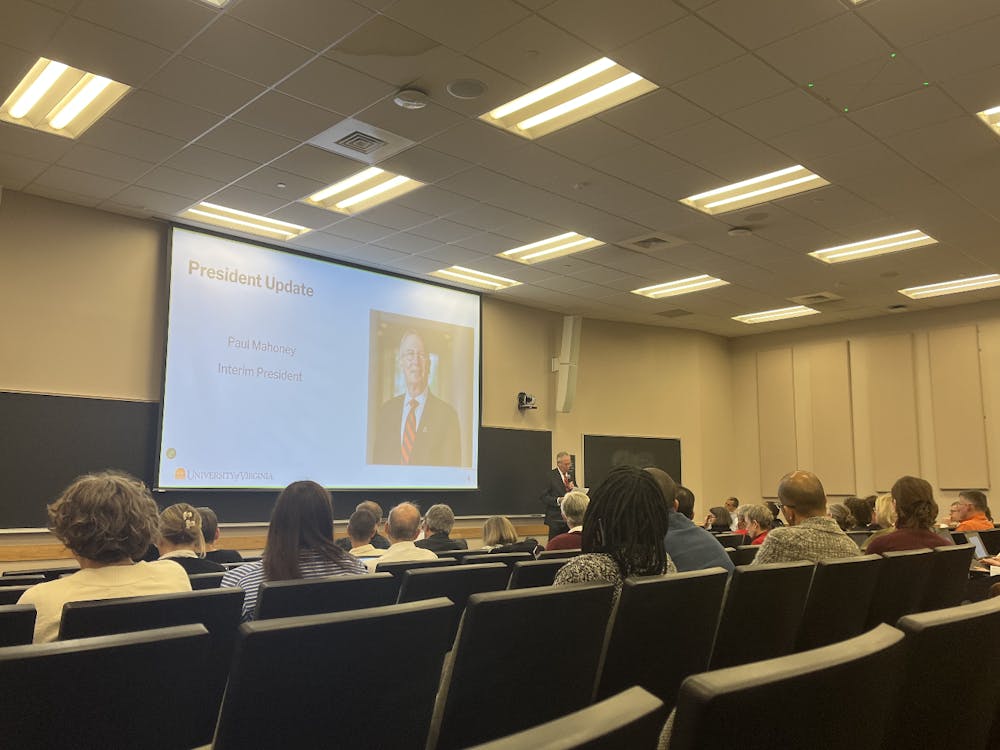High school students are at their wits' end when it comes to the college application process, an Education Conservancy study revealed.
The study, released yesterday by the nonprofit organization, suggested American universities should consider changing current admissions processes due to the increased frustration and pessimism of high school students across the country concerning the college admissions experience, according to Education Conservancy Founder Lloyd Thacker.
"We learned that, when kids go through the college admissions process, they learn some good things, for example how to manage their time, and they learn to think for themselves," Thacker said. "However, many students also become very distrusting of universities and become cynical about the system in general."
Thacker said he organized this study to encourage universities to look at applicants as students rather than customers.
"I have been in the student counseling business for a long time, and I noticed some parts of the college admissions process were really hurting kids," he said, adding that "universities need to stop thinking like marketers and stop treating their students like customers."
According to University Dean of Admissions John Blackburn, the study released by the Education Conservancy illustrates some valuable points regarding young students' frustrations.
"Many of these findings are true, for example, many high school students are bombarded with high pressure stuff when they begin the application process," Blackburn explained, though he added that he does not "buy the level of criticism that this study applies to universities. We are not trying to go after students' money; we simply want to represent the University as clearly as possible."
The Education Conservancy gathered its information from focus groups with a total of 96 high school seniors from public and private high schools in Atlanta, Boston, Chicago and San Francisco, Thacker said.
"We organized eight groups of 12 students from high schools all across the country," he said. "We wanted to look at kids who were applying to competitive colleges; however, we maintained diversity in these groups."
Although Thacker acknowledged the drawbacks of small focus groups, he maintained that the findings can still provide useful insight into the negative side of the college admissions process.
"It should be remembered that this is not a conclusive study," Thacker said. "My hope is that this study will help to encourage further research on this topic, which will advocate change among current universities in regards to their admissions processes."
Despite remaining skeptical of certain critical portions of the study, Blackburn said while the current admissions process for the University is widely successful, the admissions office is always looking for ways to improve its relationship with students.
"We are constantly looking at what we are currently doing," Blackburn said. "We send students lots of e-mails and notes in an attempt to communicate with them, and answer any questions in a way that represents the University."
The study also indicated that students expressed dissatisfaction with the AP classes they felt forced to take in high school. Blackburn, however, explained these courses can be helpful in preparing students for college-level work.
"Our advice for incoming students is come prepared to study anything, and so it is important for students to prepare for their experience here by taking a rigorous schedule in high school," Blackburn said. Thacker maintained that the value of this first study is that it encourages American universities to stop focusing on the importance of national rankings and focus on communication with students.
"Colleges need to be driven by values, and these institutions need to realize that students are hungry for an honest admissions process," Thacker said.






